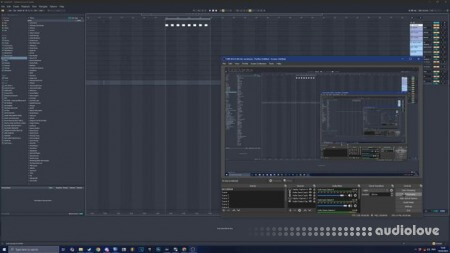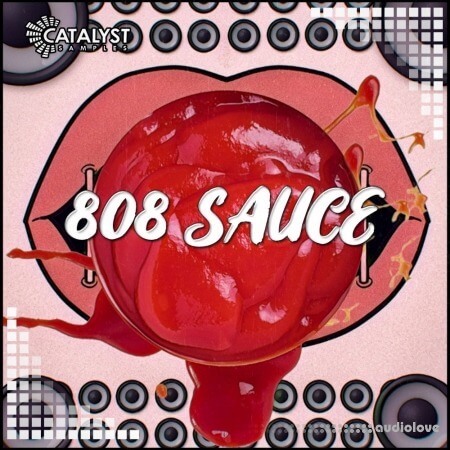Udemy Music Theory: Fundamentals for Composition in Any Genre TUTORiAL

P2P | 25 October 2024 | 2.47 GB
This first part of the Warp Drive will ensure you have the proper foundation for further musical exploration.
It is separated into three main sections: Fundamentals, Mind, and Ear.
How it Works:
Part 1 was designed to help reveal and strengthen your innate musical abilities.
The goal is freedom and fluency in the process of writing music, allowing you to express your authentic sound without contrivance.
The method is a series of lessons and exercises which target the most crucial areas of musical development and nothing else.
There will be no sight-reading, no exams, no quick-fixes, and no diploma to hang on your wall. There will be deep listening, compositional challenges, personal reflection, and many hours of effective practice.
Is this a music theory course?
Definitely! However, it is theory in service of composition.
What type of composition?
The type most natural to you, whatever that may be. Musical Warp Drive deals with universal music principles rather than genre-specific details. These insights and ideas apply as much to dubstep as they do to country.
What to Expect:
Fundamentals:
Whatever your current level of knowledge is, the Gap-Filler series will bring clarity and solidity to your musical core. All terms accurately defined and logical reasoning made explicit. These concepts make everything else possible. Additionally, I recommend everyone gain a basic degree of keyboard ability as it is the best compositional tool we have right now. I have included a series of powerful keyboard practices at the end of this section for anyone not already experienced.
Mind:
The seat of all music, our mind, is all but ignored in most theory books and courses. To study music deeply is to explore our very self. Our mindset (beliefs, ideas, and overall perspective) regarding music and our relationship to it plays a central role in our growth. In addition, the way we directly experience music, as both listener and creator, can massively shape our own compositions. If you're serious about expanding your creative potential, these deeper aspects will prove invaluable and the exercises given will unlock new insights unique to you.
Ear:
The state of our musical ear, perhaps above all else, determines the accuracy, speed, and degree of ease we have in the real-time activity of writing music. Left untrained, many hours are spent trying to translate sounds in our mind into sounds in the air. If the information and exercises given in this section are put into practice, the opaque will become transparent and a real sense of musical fluency will begin to emerge.
home page:
https://goo.su/ccviA
DOWNLOAD
Related News:
 Udemy Ultimate Music Audiation Masterclass Series (LIVE) TUTORiAL
Udemy Ultimate Music Audiation Masterclass Series (LIVE) TUTORiALP2P | 23 September 2024 | 14.6 GB Are you struggling to truly hear and understand music in your mind? Do you find it challenging to recall melodies, harmonies, or rhythms accurately? You’re not alone. Many musicians face these obstacles, which can hinder their ability to perform, compose, and enjoy music to its fullest....
 Udemy Music Theory Melody Scales and Modes for Composition TUTORiAL
Udemy Music Theory Melody Scales and Modes for Composition TUTORiALP2P | 26 July 2024 | 2.19 GB The art of melodic writing is felt by many to be a mystery - something that cannot be taught, something purely instinctive. Others say there are rules and principles governing melody and that by learning them, we can compose better music....
 Udemy Music Theory Chord Progressions & Harmony for Composition TUTORiAL
Udemy Music Theory Chord Progressions & Harmony for Composition TUTORiALP2P | 30 November 2021 | 1.96 GB Learn to write beatuiful chord progressions using triads, extensions, functional harmony, and more! "It is not the particular frequency or timbre which gives the desired effect, but the harmony."...





Comments for Udemy Music Theory: Fundamentals for Composition in Any Genre TUTORiAL:
No comments yet, add a comment!